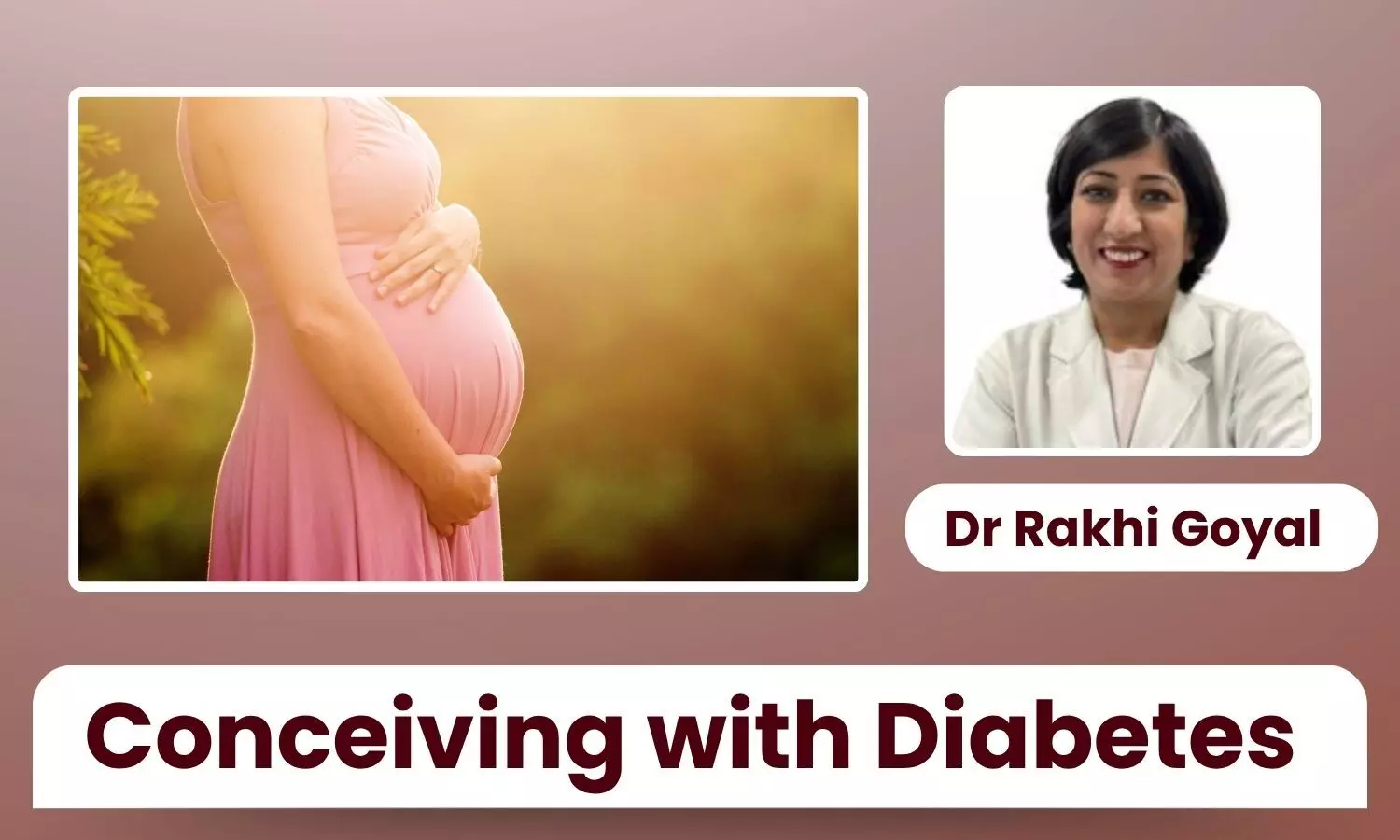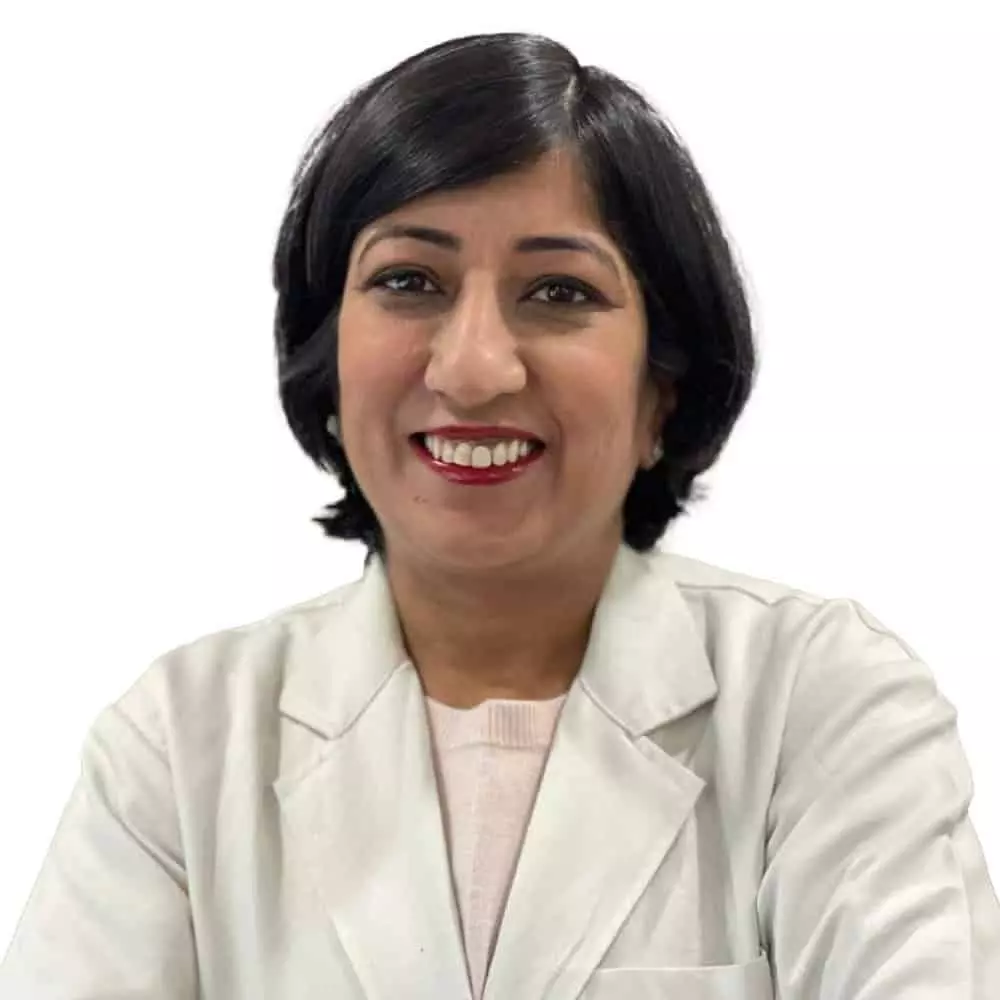Planning Pregnancy with Diabetes? Here’s Your Essential Pre-Pregnancy Checklist – Dr Rakhi Goyal

For couples with diabetes who are trying to conceive, preparation is more than a precaution – it's the basis of a healthy pregnancy. Diabetes affects not only how the body regulates blood sugar, but also how it manages hormones, ovulation, and embryo development.
The good news is that most diabetic couples can achieve a healthy conception and pregnancy with the right preparation. The key lies in starting early, optimising health before treatment begins and following a medically guided checklist.
Here is a must-do pre-pregnancy checklist for couples dealing with diabetes:
1. Get your blood sugar under control
Good glycaemic control before conception remains the single most important step. Various studies confirm that women with type 2 diabetes, whose HbA₁c is kept below 6.5% before pregnancy, experience miscarriages or birth defects much more rarely than others. Poorly controlled sugar levels lower ovarian reserve, affect egg and sperm quality, and reduce IVF success rates.
What to do:
• Work with your endocrinologist to stabilise HbA₁c before trying to conceive.
• Continue monitoring glucose regularly and make sure the readings are within the target range.
2. Review your medications and co-existing conditions
Many people with diabetes take medicines for blood pressure, cholesterol, or thyroid. Some of these medicines may need to be adjusted or changed before pregnancy.
What to do:
• Get a preconception review of all medications with your doctor.
• Undergo kidney, retina, and heart health check-ups.
• Discuss supplement needs, including vitamin D and folic acid, with a specialist.
According to the International Federation of Gynaecology and Obstetrics, pregnancy or assisted conception should always be preceded by a multidisciplinary review to avoid complications.
3. Optimise your weight, diet, and exercise routine
Lifestyle habits can make or break treatment outcomes for diabetic couples. Excess weight, insulin resistance, and sedentary behaviour may interfere with ovulation as well as sperm quality.
What to do:
• Aim for a healthy BMI and eat a low-glycaemic diet with plenty of whole grains, proteins, and antioxidants.
• Include at least 30 minutes of moderate physical activity most days of the week.
• Limit processed foods, refined sugar, and alcohol.
4. Emphasise micronutrients and supplementation
Nutrients related to fertility planning for a case of diabetes.
For women: Higher-dose folic acid (5 mg daily), beginning three months before conception, can reduce the risk of neural tube and cardiac defects.
For men, diabetes can impact the movement and DNA of sperm; antioxidants, zinc, and vitamin D may help improve sperm health if prescribed by a doctor.
5. Plan your fertility treatment timeline carefully
Conception with diabetes often takes a little more time, not because it's impossible, but the preparation phase is just a bit longer. Fertility treatments such as IVF or ICSI can be very successful, but only if the blood sugar levels, weight, and overall metabolic health have first been optimised.
What to do: Instead of running directly to treatment, focus on first stabilising your health. Work closely and in tandem with your fertility specialist and endocrinologist. Ensure that both partners are medically checked before commencing treatment.
The takeaway
The concept of living with diabetes does not mean that one needs to compromise on the dream of becoming a parent. What it does indicate is that there is a need for taking a structured and step-by-step approach, blending medical supervision with mindful self-care.
Birla Fertility & IVF tailors pre-pregnancy and treatment plans for diabetic couples, addressing blood sugar control, nutrition, hormonal balance, and emotional well-being. With careful planning, diabetes becomes a controllable variable rather than a roadblock, and that makes all the difference for a safe conception, healthy pregnancy, and good outcome.
Disclaimer: The views expressed in this article are of the author and not of Health Dialogues. The Editorial/Content team of Health Dialogues has not contributed to the writing/editing/packaging of this article.


